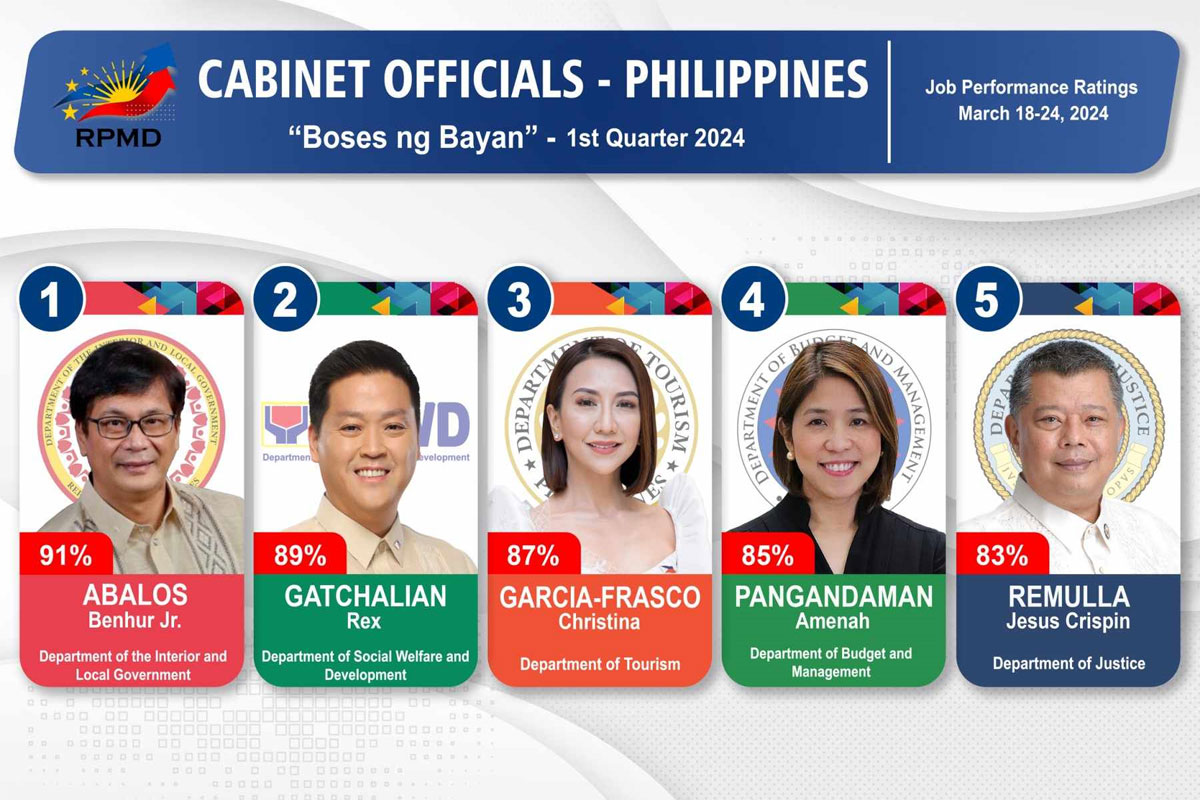
EPR pushed to address plastic pollution in PH
THE push for legislation seeking to address plastic pollution in the country is gaining ground as Deputy Speaker and Las Piñas City Rep. Camille Villar filed a bill anew to shift to companies the
responsibility of recycling.
Villar introduced House Bill (HB) 10498 or the Extended Producer Responsibility (EPR) Act of 2021 to improve the responsibility of producers in the design, collection, reuse, recycling, and disposal of their products and packaging which turn into wastes if not properly recycled or disposed of.
“This legislation institutionalizes the EPR mechanism as a practical approach on efficient waste management, waste reduction, and development of ecologically-friendly packaging products. EPR as a concept refers to the environmental policy, initiatives and practices in which companies and corporations are obliged to have the responsibility of proper and effective recovery treatment, recycling and disposal of their products after they have been sold and used by consumers aimed at improving the 3Rs of ecological management: reuse, reduce and recycle,” Villar said in filing the measure.
According to the lone district representative, she wants the bill passed to address the damaging impacts of plastic wastes, which make up a significant share of the overall generated waste in the Philippines. The country produces about 2.7 million metric tons of plastic waste every year.
Under the bill, companies shall be mandated to exercise EPR over the plastic packaging waste used on their products that are sold and distributed within the Philippines, whether in traditional physical stores, distribution outlets or online platforms. They are also responsible for making financial contributions to support the collection, recovery, transportation, processing, recycling and disposal of plastic wastes.
Also, firms that have put in place EPR mechanisms are entitled to tax and duty exemption on imported capital equipment to be used for EPR purposes.
Other highlights of the bill include a dedicated corps of personnel in the National Ecology Center headed by a director to implement in practice and spirit of the EPR and assure compliance, inclusion of the private sector and civil society and non-government organizations in the decision-making body, and advancing awareness on EPR programs by private organizations and business entities.
A sunset provision has been included in the bill to review the policy and assess the impact it has created to the environment five years after the law is passed.
The bill, which is an updated version of HB 8691 earlier filed by the lawmaker last March, is a product of consultations with and studies by organizations to address plastic and solid waste management.
















